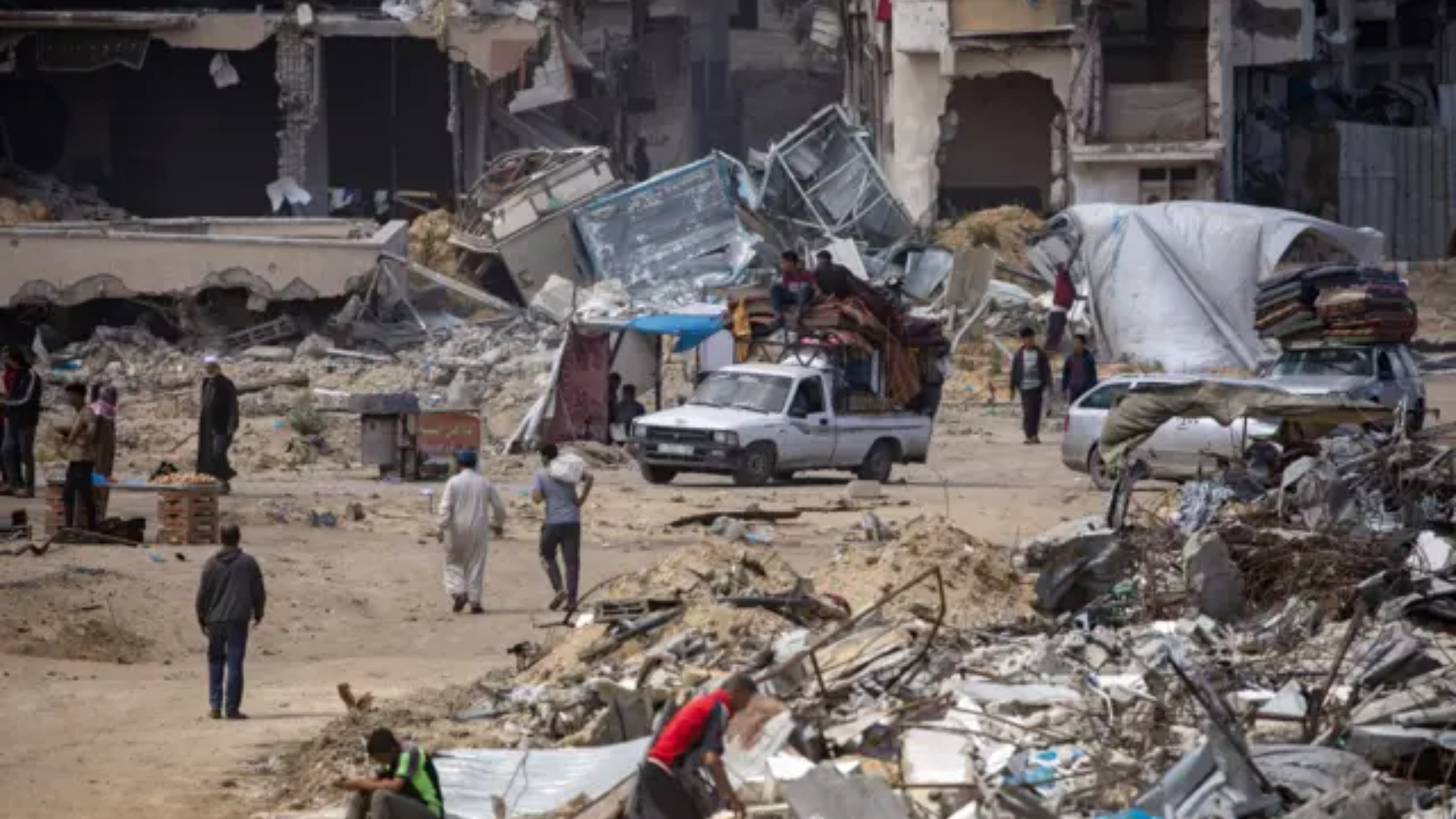After two months of intense hostilities between Israel and the Iran-backed Lebanese militant group Hezbollah, a ceasefire agreement has been brokered by the United States and France. The deal aims to end the violent conflict and establish a path for the peaceful withdrawal of Israeli forces from southern Lebanon over the next two months, according to a senior US official involved in the negotiations.
The ceasefire is set to take effect at 4:00 AM local time on Wednesday in both Israel and Lebanon (0200 GMT). At that point, all hostilities are expected to cease across all parties, the official confirmed.
Under the agreement, Israeli troops will maintain their current positions while Lebanese military and security forces begin deploying southward. This 60-day window will allow Lebanese forces to secure the region, ensuring no power vacuum emerges that could be exploited by Hezbollah or other groups. Once these deployments are completed, Israel will begin a phased withdrawal.
As part of the arrangement, Hezbollah is required to pull back from areas near Israel’s border, relocating north of the Litani River—a demand originally outlined in the 2006 UN Security Council Resolution 1701. US President Joe Biden emphasized that the rebuilding of Hezbollah’s military infrastructure in southern Lebanon will not be permitted under the terms of the deal.
Addressing Potential Challenges
President Biden assured that the United States, alongside France and allied nations, would work to enforce the ceasefire. This effort will not include deploying US forces on the ground but will involve supporting Lebanon’s military with equipment, training, and funding.
Opportunity for Lebanon
US officials view the ceasefire as an opportunity for Lebanon to reclaim sovereignty over its territory, particularly with Hezbollah’s weakened state both militarily and politically. Over the next 60 days, the Lebanese Army and State Security Forces are expected to assert control over the southern regions, marking a significant shift in governance.
Impact On Gaza
The ceasefire in Lebanon could pave the way for broader de-escalation, including a potential ceasefire in Gaza, where Israeli forces have been engaged following attacks by Hamas. A senior US official suggested that the isolation of Hezbollah from the Gaza conflict might pressure Hamas into reconsidering its position, signaling a potential shift in regional dynamics.
As the situation unfolds, the world watches to see whether this agreement can bring lasting peace to a region long plagued by conflict.
Also Read: Donald Trump Picks Jay Bhattacharya To Be the Next Director Of NIH


















